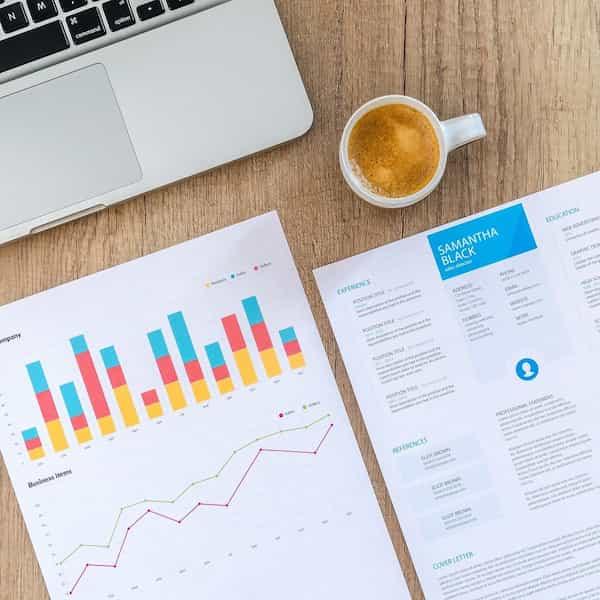Surveys
Trade Wars, Inflation, Equity Concentration Biggest Investor Risks In 2025 – ARC

Asset Risk Consultants has just released its global sentiment survey of 98 wealth management chief investment officers on key investor risks for 2025.
The latest wealth manager sentiment survey of chief investment officers (CIOs) from UK-based Asset Risk Consultants (ARC) shows that while positive sentiment towards equities has increased with a new year on the horizon, investors need to watch out for several key risks in 2025.
The ARC Market Sentiment Survey, a quarterly poll examining the 12-month outlook for the major asset classes and sectors, shows that the net sentiment towards equities has increased to 56 per cent from 21 per cent over the past 12 months.
ARC asked 98 CIOs to name the greatest risks facing investors in
2025. Trade wars emerge as the single largest concern (23.8 per
cent), reflecting fears of escalating protectionism and its
impact on global supply chains, the survey reveals. Rising
inflation (20.7 per cent) also remains at the forefront of
managers' minds, underscoring lingering unease about persistent
price pressures and monetary policy responses.
ARC, which has offices in the UK and the Channel Islands, has
spoken about its role in gathering data from wealth managers –
traditionally a relatively opaque sector when it comes to
divulging performance. ARC is based in London and it provides
outsourced CIO solutions to clients globally.
Debt worries
Sovereign debt levels (15 per cent) reflect concerns about
mounting fiscal imbalances, particularly as governments grapple
with post-pandemic borrowing. While equity sector concentration
(14.3 per cent) points to unease over valuations and the
dominance of a few sectors or companies, creating potential
systemic risks, respondents favour financials, closely followed
by healthcare and IT.
The survey also reveals that the sentiment towards UK, Japanese, emerging market and European equities has fallen, with net sentiment towards the latter now in negative territory. Sentiment towards US equities is the most favourable, out of all the regions. Investment positioning changed as a result of the US presidential elections, with 34 per cent of respondents increasing their overall US exposure.
Bonds have fallen out of favour, with net sentiment of +5 down from +43 last quarter but sentiment towards small caps and private equity has increased, the survey reveals.
“The reality is that many of the risks are interlinked. Trade wars combined with a China slowdown could lead to heightened Taiwan tensions which would lead to fears over advanced node semiconductor manufacturing, which in turn would impact many of the Magnificent Seven (Apple, Microsoft, Google parent Alphabet, Amazon, Nvidia, Meta Platforms and Tesla),” Dr James Cooke, deputy CIO at ARC, said. “Inflation rising too much could force central banks to tighten monetary policy more aggressively and the money supply is a significant detriment to the return on risk assets.”
“On the brighter side, there continues to be rather a lot of cash in money market funds or 'dry powder'. We would not be too surprised to find 2025 is a year of heightened 'animal spirits' and increased M&A activity which tends to be good overall for equity prices, particularly of slightly smaller companies,” he said. “Perhaps this means we will actually see the broadening out of equity markets that many managers talked about around this time last year."
The ARC Indices collect performance of more than 350,000 investment portfolios, net of fees, supplied by more than 140 investment managers to establish the actual returns that clients get. Managers covered by the data include Barclays Wealth, Brewin Dolphin, Investec, Rathbones and UBS.